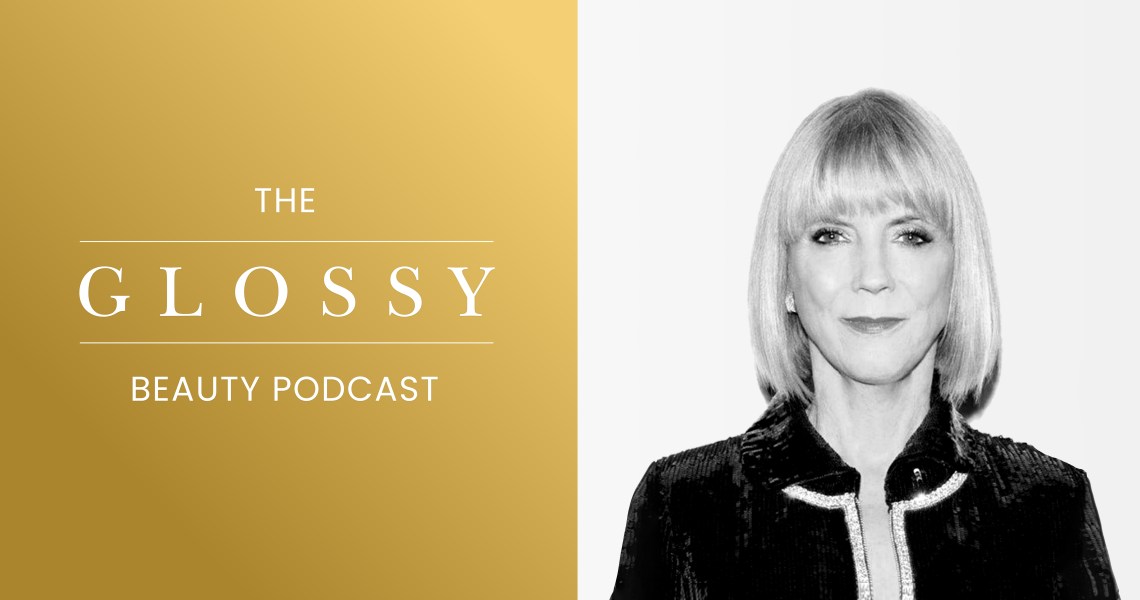Subscribe: iTunes | Stitcher | Google Play | Spotify
From the time Carol Hamilton was a little girl, she knew that she had a passion for beauty.
“I was interested in the beauty category from the time I was 5,” says Hamilton. “I would raid my mom’s makeup drawer and was constantly trying on all the different lipsticks, and in junior high, I knew every shade of Revlon lipstick.”
What started as a love for lipstick would eventually blossom into a long, successful career in beauty. Now serving as the group president of acquisitions for L’Oréal, Carol has seen the industry from every angle and through massive evolution.
In this week’s episode of The Glossy Beauty Podcast, Hamilton discussed what she looks for in the brands she acquires, how she stays ahead of the rapid changes in the industry and why authenticity is key when connecting with younger audiences. Below are excerpts from the conversation, edited for clarity.
The best brands are the ones that surprise you
“Most of the brands I have acquired have not been brands I thought I would recommend. They’ve been surprising. As I began to understand the secrets of their success, and the smarts of the founders and people who created the brand, you get a profound understanding of how they’ve changed the beauty world. So I’ve found myself always needing, and wanting, to keep an open mind for that brand that surprises me.”
Ad position: web_incontent_pos1
Brands should be providing an experience
“Transcending all trends is the experience a brand gives you. Not just the product itself, but how does the product give me an experience which is surprising, delightful and memorable so that it sticks in my mind and makes me want to use it again? That is something that is really new in the last 5 years, and more and more important to consumers.”
The role of social media in acquisitions
“You absolutely have to know what a brand looks like on Instagram, what the product reviews are, what influencers and the blogs are saying about the brand, about the founders, and especially about the brand and founders’ values. That’s incredibly important. But the space is moving so fast. I keep wondering what is going to replace the influencer trend and their power today, and I think it’s going to happen rather quickly. So looking for what that next trend is and thinking about where we should be taking our communication platforms is as important as being stuck on your device looking at what’s going on today.”
Why inclusivity needs to be authentic
“Today what I’m seeing is that it’s become a mandate, a price of entry, for brands to express inclusiveness. I think there’s a trap there, because you see this stereotypical inclusiveness — one from here, one from there, one from here. It’s starting to show up in a way that is not authentic. It’s hard to express exactly why and hard to put your finger on it, but I think you know if someone is just jumping on the bandwagon, and doing a shoot and casting for a lot of different types to check off the boxes. You can see through that. There has to be something much deeper in a brand value system, in the product they offer, in the charities they’re supporting, in who they hire, how they represent people. That, to me, will separate the truly inclusive brands from those that are just doing it because they feel they have to.”




